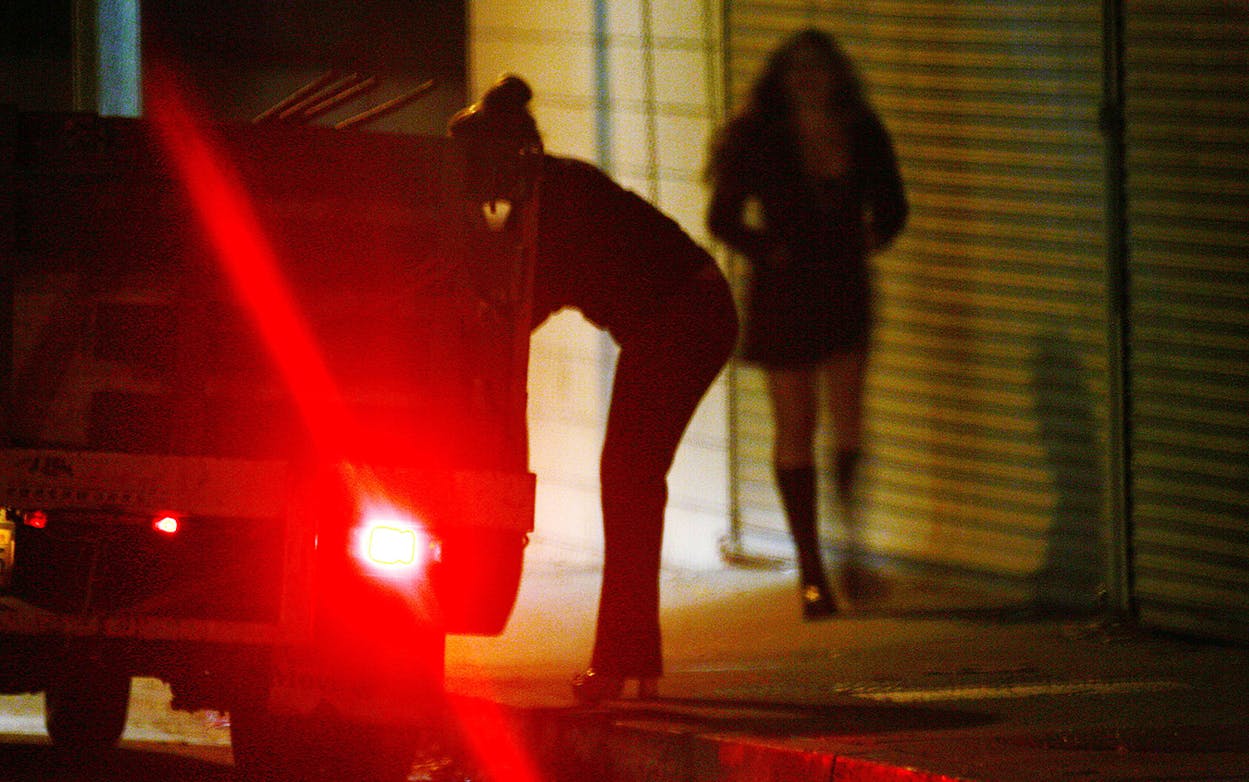In our second of two episodes focusing on sex work in the Permian Basin, guest host Susan Elizabeth Shepard returns to speak with advocates and law enforcement who work directly with both sex trafficking victims and those who sell sex consensually. She is joined again by reporter Sally Beauvais of Marfa Public Radio.
As Susan explains in this episode, there are many misconceptions about sex work, and about trafficking—and strongly differing opinions about everything from the legal rights of those who sell sex consensually to who is actually a victim and who is not.
Susan takes us to an office in downtown Midland to meet Lisa Bownds, who is in the process of opening The Village, a shelter for female victims of sex trafficking. The 25-acre property outside of Midland is a dream of Lisa’s that’s been years in the planning. In 2016, Lisa formed Reflection Ministries, a faith-based trafficking outreach program, in part because of her own experience as a trafficking victim. Bownds tells Susan that The Village will provide housing for twenty trafficking victims when it opens in February—and hopes that in the next few years it will expand to house up to one hundred victims.
While there is no hard evidence to support claims of major spikes in trafficking in the area, Lieutenant John Sikes of the Odessa Police Department tells Susan the boom has led to a definite uptick in sex work. As the manager of the OPD’s Intelligence Division, John oversees the vice unit—and as a lifelong Odessan, he’s accustomed to the ebb and flow of crime that comes with booms and busts. Thefts and burglaries rise during hard times and the number of prostitution charges climbs with every boom. It makes sense, he says: “This is where the money is.” While John says he’d rather go after “the sharks” and put traffickers behind bars than make one hundred prostitution cases, those cases still get made.
Researcher and activist Terra Burns tells Susan that she thinks the best way to fight trafficking is to decriminalize the selling and buying of sex. An Alaska native, Terra has experienced oil booms firsthand as a sex worker. The experiences she shares with Susan epitomize the complicated realities of sex work. She says that some of the same polices enacted to protect the women involved can ultimately end up harming them. While Lisa and Terra both want to protect trafficking victims, their positions are at the root of two different approaches to fighting trafficking and highlight the complexity of the ongoing debate over sex work.








